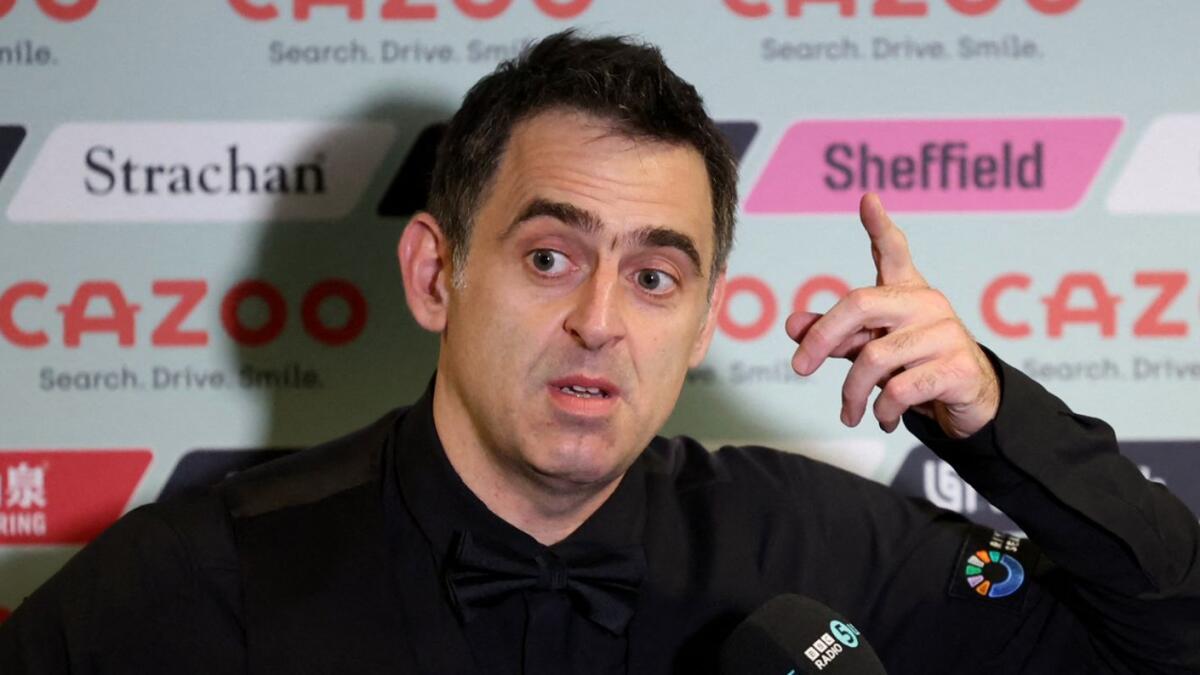Ronnie O’Sullivan, the world number one snooker player, recently suffered a defeat in the quarter-finals of the World Championship, losing 13-10 to Stuart Bingham. In response to this loss, O’Sullivan has expressed his intention to potentially quit playing tournaments in Britain in favor of prioritizing big-money offers from Saudi Arabia and the Far East. O’Sullivan recently signed a deal with the Saudis committing him to playing in all World Snooker Tour events in the Gulf nation, and he plans to participate in other tournaments scheduled in China to maintain his prize winnings and ranking points.
The 48-year-old Englishman emphasized that he will be selective about the tournaments he chooses to compete in, stating that he already has commitments to eight or nine events. If his performance in these tournaments does not meet his expectations, he may consider playing a few more events in the UK. O’Sullivan made it clear that he values his time and role in the sport, and will only continue playing as long as his needs are met. He also mentioned that he only participated in the World Championship due to a new sponsor, raising questions about his motivation to surpass Stephen Hendry’s record of Crucible titles.
Despite his ambitions to excel in snooker, O’Sullivan is conscious of his worth and the impact he has on the sport. He stressed the importance of fulfilling his potential while also recognizing the value he brings to the table. If his conditions are not met or if he feels undervalued, he is open to the idea of retiring from the sport and pursuing other interests. O’Sullivan’s comments reflect his strong sense of self-worth and determination to prioritize his own interests and well-being.
As a prominent figure in the world of snooker, O’Sullivan’s statements have raised questions about the future of his career and the impact of his decisions on the sport. His willingness to prioritize lucrative opportunities in other countries over tournaments in the UK highlights the changing dynamics of professional sports and the increasing influence of financial incentives. O’Sullivan’s candid remarks about his value and his commitment to seeking opportunities that align with his priorities shed light on the challenges faced by athletes in balancing financial gain with personal fulfillment in their careers.
In conclusion, Ronnie O’Sullivan’s recent comments about potentially quitting tournaments in Britain in favor of pursuing lucrative offers from other countries highlight the complex dynamics at play in the world of professional sports. His focus on prioritizing his own needs and value as a player demonstrate his commitment to ensuring that his career aligns with his personal goals and ambitions. As O’Sullivan navigates the challenges and opportunities that come his way, his stance serves as a reminder of the importance of self-worth and self-care in pursuing success in the competitive world of professional sports.










